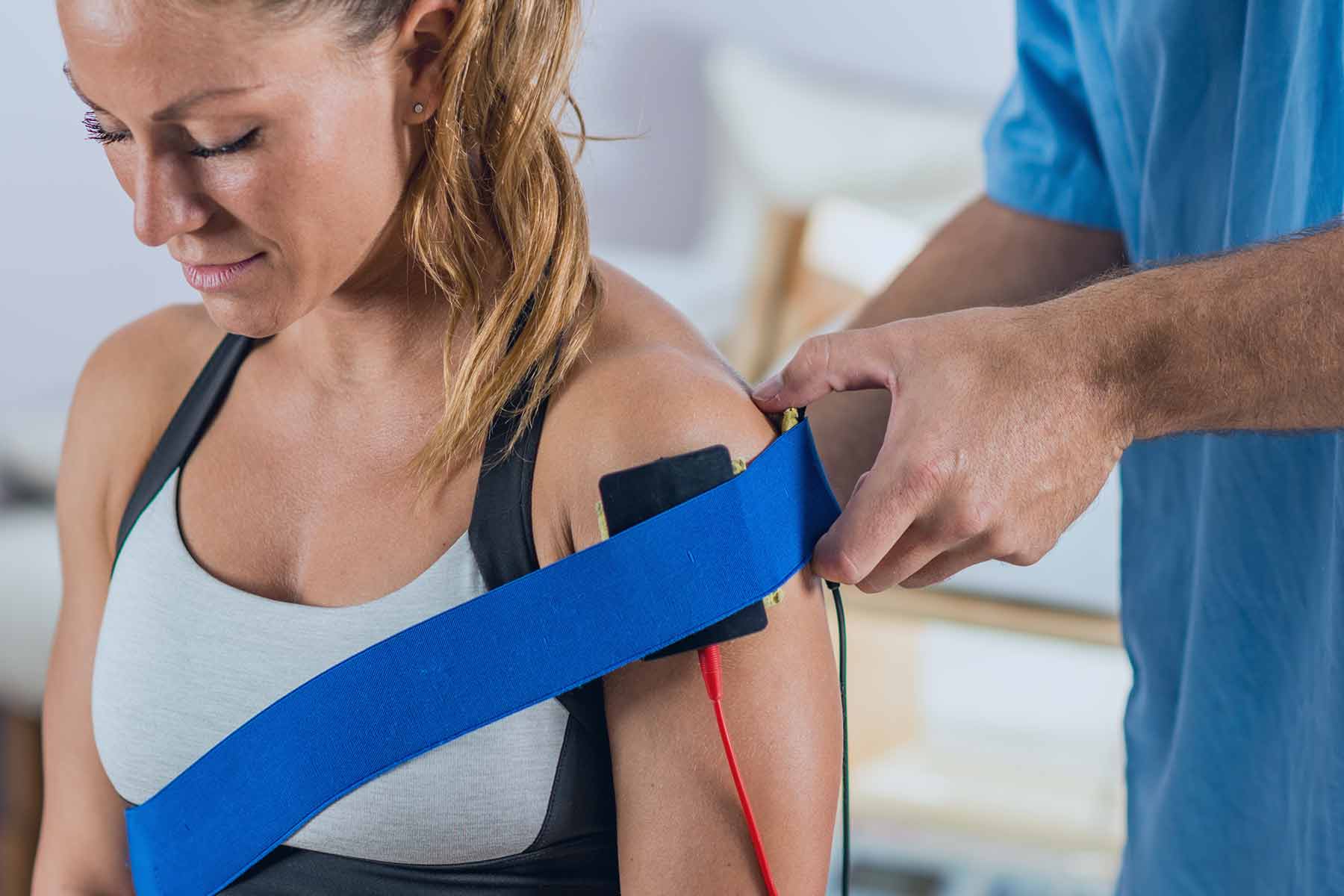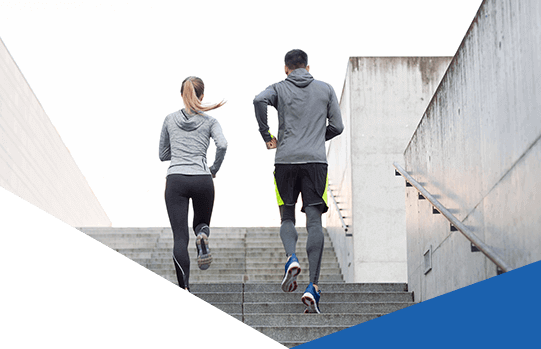If you’ve suffered a recent injury to your shoulder and it is remaining sore and stiff … you may have a rotator cuff tear? How will you know?
The first thing to do is to see your physiotherapist for an evaluation.
Taking a proper history of how and when your symptoms began is key in understanding what might be the problem? This needs to be matched to a specific clinical examination so we can get more information on what the issue might be? Evaluating your shoulder motion, alignment, ligament stability, muscle strength, and any evidence of warmth & swelling are all part of the process. It may also be appropriate to investigate your shoulder by having imaging done – i.e. x-rays, ultrasound, or MRI to arrive at a firm diagnosis. The most accurate of these is an MRI particularly when it is coupled with an injection of a small amount of special dye into your shoulder. An MRI scan can visualize all of the structures making up your shoulder including the bone, ligaments, tendon, as well as cartilaginous structures. There are very long wait times to receive an MRI scan and in most situations, even without an MRI, your therapist will have a very good idea of what your shoulder problem is. An x-ray is helpful to rule out any significant injuries to the bone as well as give us an indication of any wear and tear or arthritis that may be present. Ultrasound scanning is quite a helpful method of imaging for the shoulder as we can easily see many of the soft-tissue structures such as bursa and tendons. It also has the advantage of being able to do “dynamic imaging” where we can watch the various structures in real-time as you move through an arc of motion. It is readily available as well so if your therapist suspects a significant tear of the rotator cuff they may send you for an ultrasound examination to have this more specifically evaluated.
What are the signs and symptoms of rotator cuff tearing in the shoulder?
Injury to these tendons controlling shoulder motion is quite common. Often there is a particularly traumatic event such as a slip and fall onto an outstretched hand. They can also be degenerative in nature from wear and tear over time or repetitive movements. Discomfort is most commonly felt as a deep ache and can be more towards the front of the shoulder joint. It can also be present more to the outside lateral aspect of the shoulder and even radiate down the arm at times. Pain is often described as aching at rest becoming sharp with certain movements. The rotator cuff is a term used to reference a functional group of deeper muscles around the shoulder. They all have individual names: supraspinatus, infraspinatus, subscapularis, and teres minor. Your therapist will test your strength and move your shoulder in certain directions to assist in evaluating the function of these muscles and where your problem lies. Many times the root of your problem may be in your spine so your therapist may also evaluate your neck including checking reflexes and sensation in your upper extremities.
Treatment for rotator cuff tears
Treatment for rotator cuff tears includes electrotherapeutic modalities such as ultrasound, laser, ice, and interferential current to assist in reducing pain and swelling. If there is an associated neck problem your therapist may involve manual therapy including muscular and spinal joint mobilizations and corrections. Often there are strength and flexibility imbalances around the regional muscles of the shoulder girdle. These will be specifically evaluated by your therapist and additional stretching, strengthening, or postural exercises to assist your recovery may be recommended.
I have been recommended to have an injection in my shoulder?
Injections in the shoulder can be very effective. An asteroid is usually injected and acts as a powerful anti-inflammatory agent. If it is directed into the right tissue the pain relief is typically within 5-7 days. This allows some patients to resume their efforts at strengthening the improving function and often avoiding surgery. After a steroid injection, however, it is advised to avoid any heavy lifting for up to 4 weeks as the steroid temporarily weakens the soft-tissue in the area.
My doctor said I have a rotator cuff tear and need surgery?
That may or may not be true. What you need to understand is the severity of the tear and the location. An ultrasound examination will allow a radiologist to determine which of the rotator cuff tendons is torn and whether this tear is partial or complete. Partial-thickness tears in the rotator cuff are very common and often are not associated with any pain or loss in function. Full-thickness tears particularly ones that span a large area and are associated with significant weakness are more typical of tears managed by surgical repair. With treatment, some people with full-thickness rotator cuff tears are able to restore functional strength and have minimal or no pain whatsoever. These people are unlikely to go on for surgery.
Written by Scott Sherman April 2019 – Physiotherapist/Clinic Director Trico Centre





